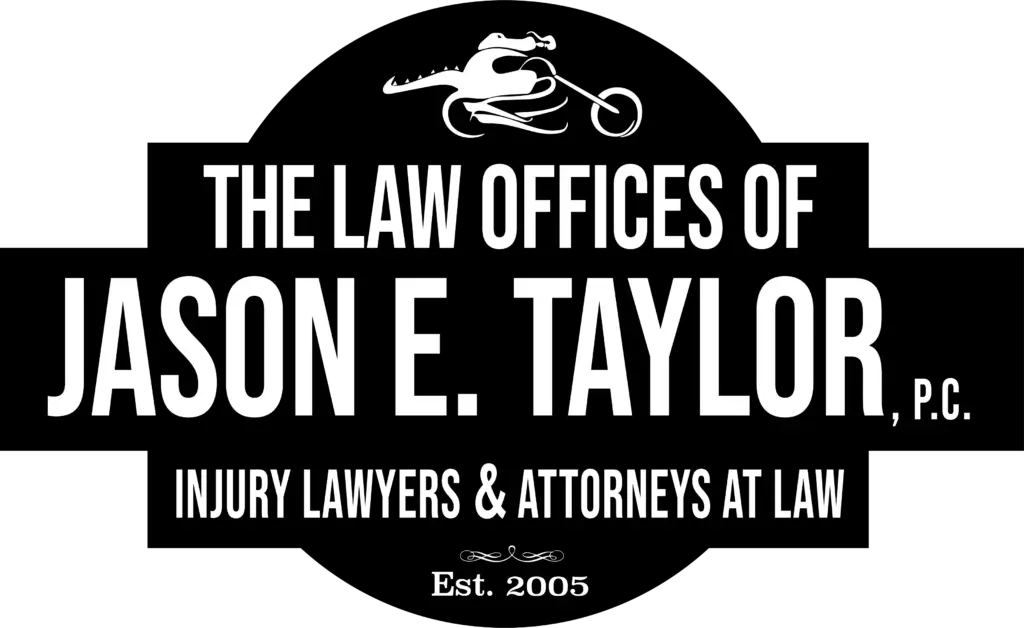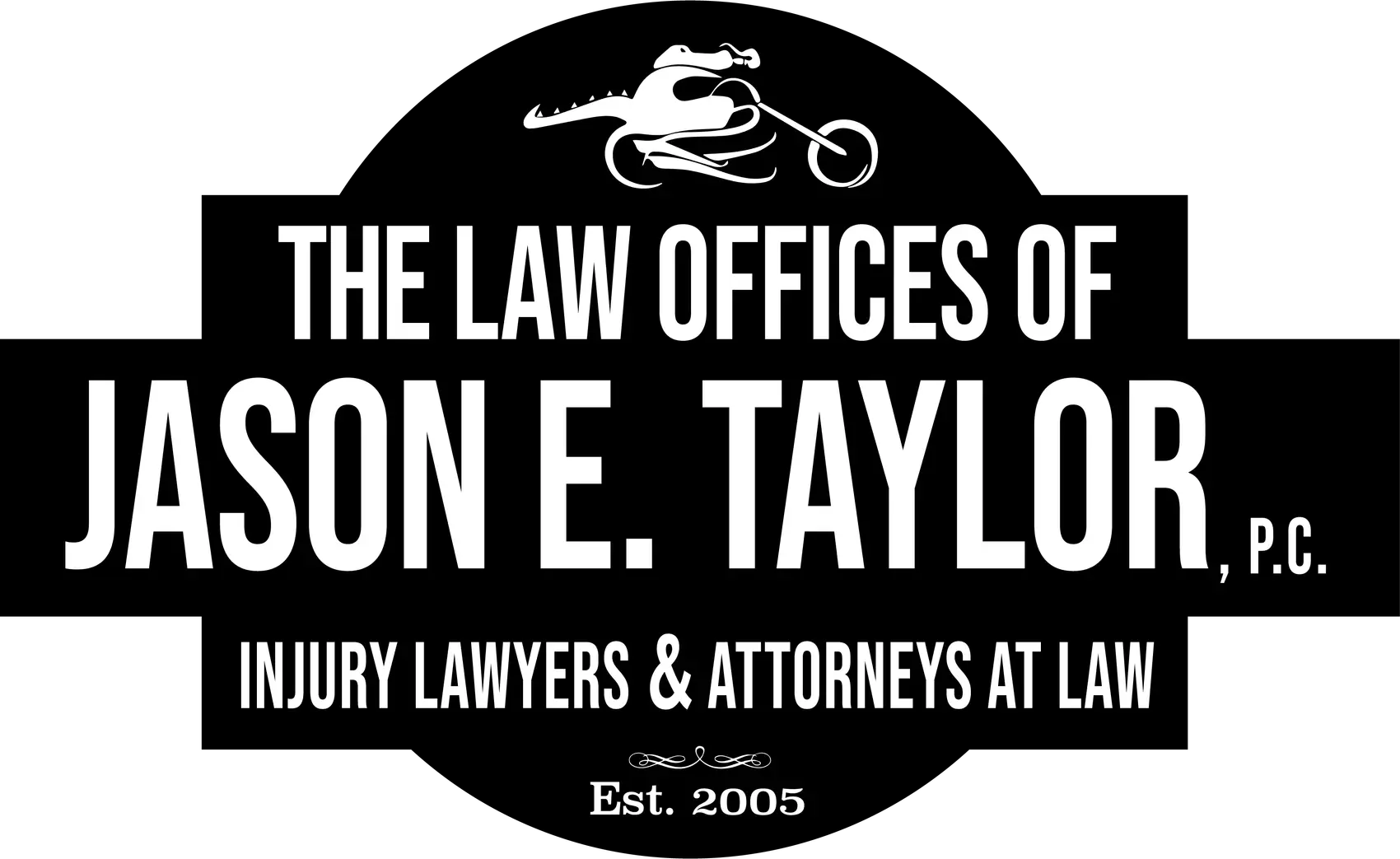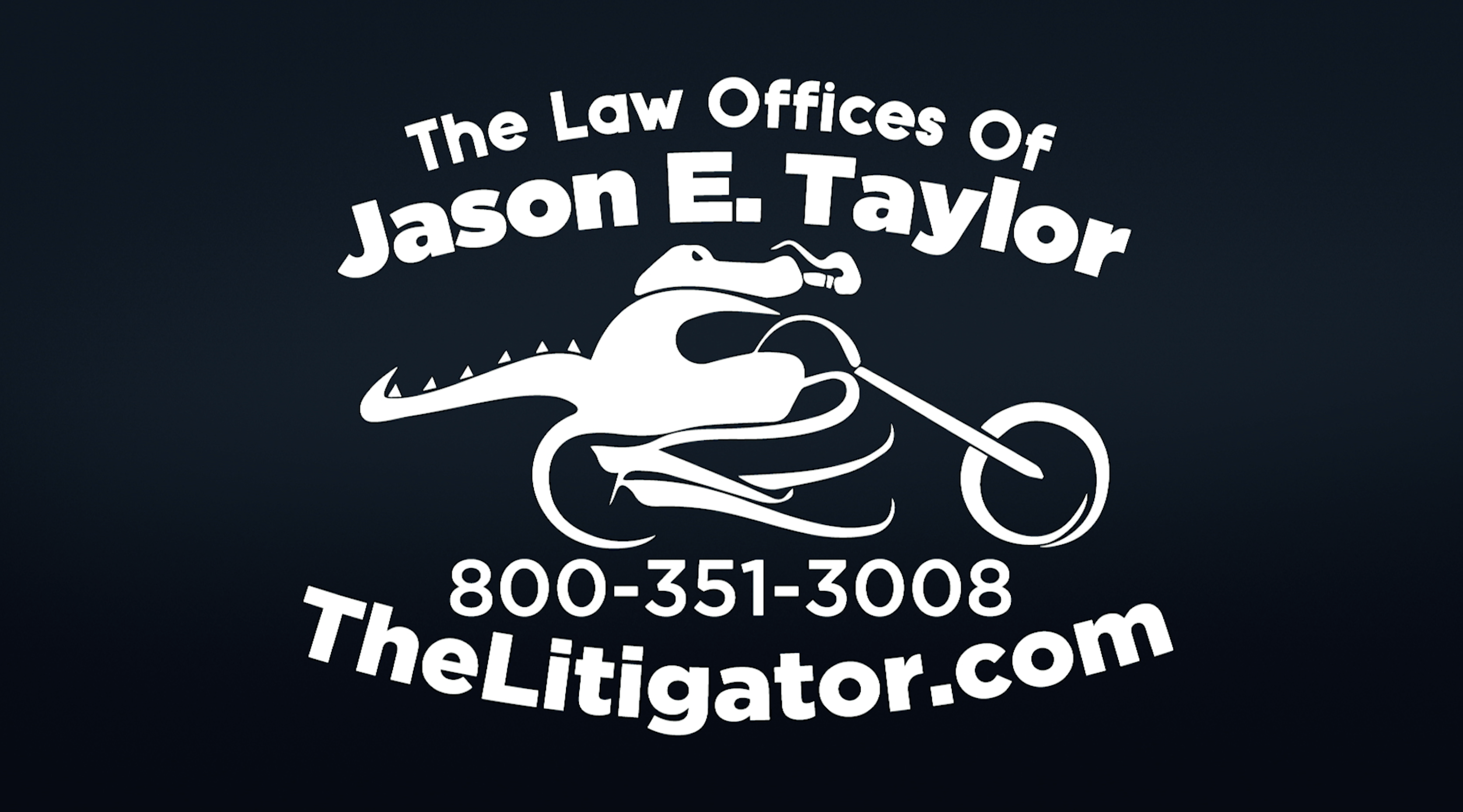When is Someone Liable?
As in all personal injury cases, there has to be liability. A dog bite is examined under North Carolina’s strict contributory negligence standard. If you somehow contributed to your injuries, then you are unable to collect.
Examples of this would be if the dog was contained in an area and you willingly entered that area or somehow goaded the dog to attack you. Both of these situations are very fact-specific. If you can prove that you did not contribute to the injuries, the next step is finding out who is at fault.
Who is Liable?
Obviously, you can’t pursue the dog for your injuries. Typically, the dog’s owner will be liable, but there may be others at fault as well. It all comes down to who had control of the animal at the time of the injury and if they failed to exercise reasonable control of that animal. If someone brings their dog to your house, you could be on the hook as well as the owner. Often, homeowner’s insurance will provide coverage for injuries, but that depends on the individual’s policy.
Finding that coverage requires skill and experience, and the attorneys and staff at the Law Offices of Jason E. Taylor know how to leave no stone unturned to make you whole.
What Can You Expect From a Dog Bite Claim?
Being bitten by a dog is a scary thing. Many of us (myself included) love dogs and couldn’t imagine a life without one. There is no common injury like a car accident with neck and back pain if a dog bites you. The damage could be to hands, arms, legs, even the face. A bite is not only something that tears tissue but has a crush aspect as well, which can cause damage to the bones, ligaments, muscles, and nerves.
Dogs also carry bacteria in their mouths which can cause infection, and often, one has to get a rabies check. Treatment for a dog bite can be surgery to repair the wound, wound care to prevent infection, physical therapy if there is damage to the muscles or nerves, and mental therapy to help with the fear and post-traumatic stress of the attack. Once the injury heals, one has to potentially deal with scarring from the bite, which may or may not be corrected with plastic surgery. You may also need continued therapy for the mental trauma of being bit by something many consider friendly.
Ensuring that every aspect of your claim has been thoroughly investigated and accounted for requires a law firm that has been through it before and is willing to fight for you. With over 100 years of experience and offices located in Charlotte, Hickory, and Concord, North Carolina, and Rock Hill, South Carolina, The Law Offices of Jason E. Taylor are ready for that fight.
What Happens to the Dog?
If a dog attacks someone or another pet, the best thing to do is call the police and have animal control handle the animal. They will also fill out a dog bite report which allows documentation of the attack by a law enforcement body. If animal control arrives, the dog will be quarantined in a different county and tested for rabies.
Once the rabies test results are known, if negative, then there will be a hearing by the county or municipal board to determine if the dog will be deemed “dangerous” or “potentially dangerous.” If it’s the dog’s first bite, typically, they will receive one of these classifications and be allowed to be returned to the owner. If this is the dog’s second attack or was previously designated “dangerous” or “potentially dangerous,” the dog will be destroyed.
Attacks on Other Animals
Sometimes, it is your dog or other pet that is the victim of the dog attack. If so, then the owner of the attacking dog will be liable for any medical treatment for the injured pet and a similar hearing will be held to determine how the attacking dog will be classified in the future. Although we all love our pets, they are still considered our property, so there are no pain and suffering damages associated with a dog bite on your pet.
Conclusion
The Law Offices of Jason E. Taylor have represented victims of dog bites, both human and animal, for many years. Recoveries for our clients have varied but the hard work and dedication of the firm was and continues to be the same. When you or someone you love is hurt by a dog, The Law Offices of Jason E. Taylor are equipped for your case.







